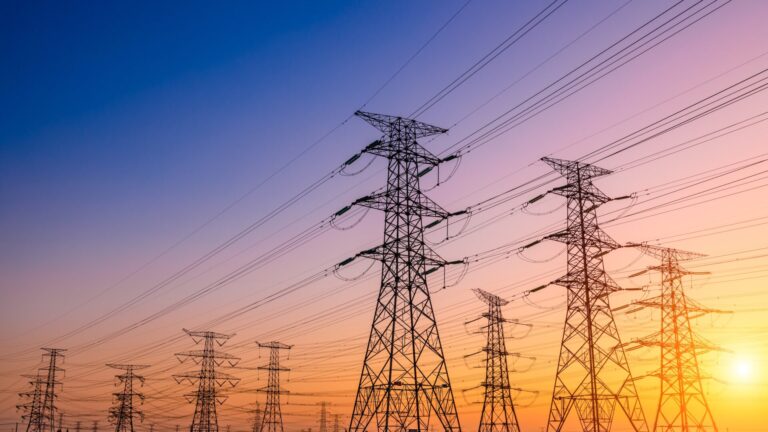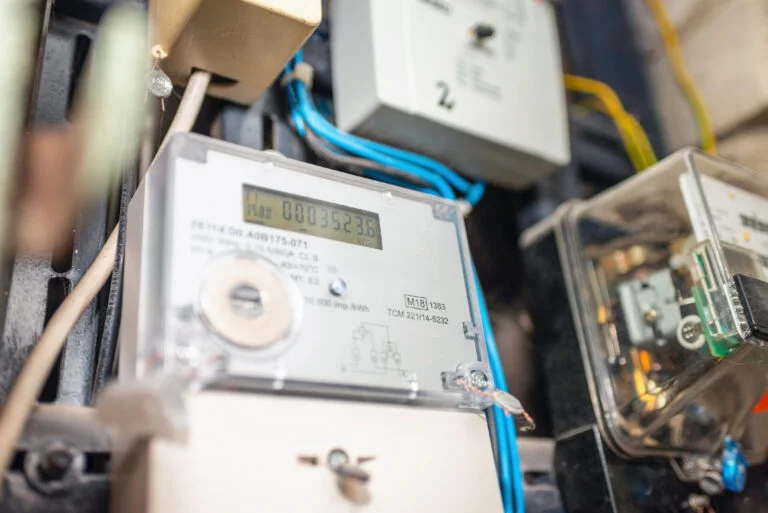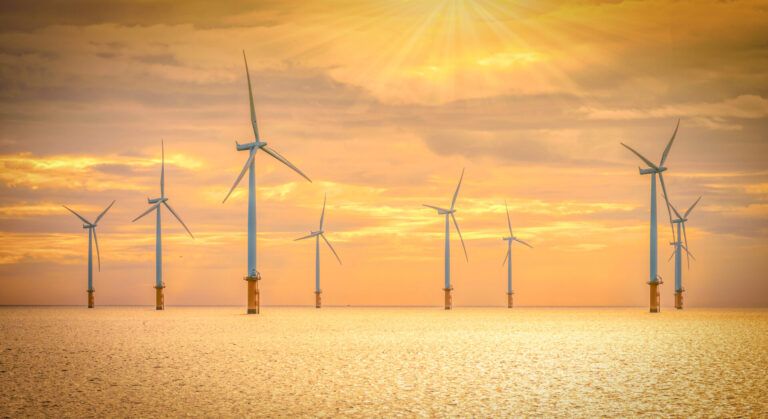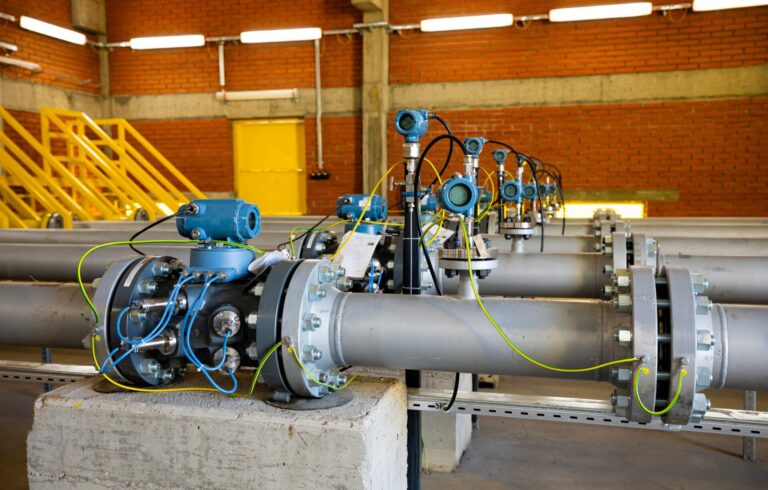About The UK Future Of Energy Summit
The UK Future of Energy Summit is an annual high-level gathering that brings together government leaders, policymakers, industry executives, and energy experts to deliberate on the future of the global energy sector. With a focus on innovation, investment, and international cooperation, the event serves as a platform for shaping strategic energy policies and fostering resilience against emerging global risks.
UK's Offshore Wind Investment
A significant announcement came from Prime Minister Keir Starmer, who confirmed a £300 million investment into the UK’s offshore wind sector. The investment is designed to enhance energy security, stimulate economic growth, and support the country’s ambition to achieve 100% clean electricity by 2030.
This initiative aims to mitigate reliance on imported fossil fuels, foster the expansion of renewable energy infrastructure, and ensure long-term stability in the UK’s energy market. The funding will primarily support the development of new offshore wind farms, modernisation of supply chains, and the creation of skilled jobs within the green economy.

Carbon Capture Developments
The UK Government also approved a major carbon capture and storage (CCS) project, HyNet North West, located off the Liverpool coast. Backed by £2 billion in funding, the project is anticipated to create approximately 2,000 jobs and play a vital role in reducing industrial carbon emissions across the region.
HyNet North West aims to capture and store millions of tonnes of CO2 annually, supporting heavy industries in their transition to low-carbon operations. The approval aligns with broader governmental efforts to achieve net zero carbon emissions by 2050 and demonstrates a commitment to scaling up CCS technologies as a crucial component of the UK’s decarbonisation strategy.
International Perspectives on Energy Transition
Differing views among attending nations were evident, particularly between the UK, European Union, and the United States. European delegates emphasised the need for a swift transition to renewable energy sources as a means to strengthen energy security, stimulate economic resilience, and combat climate change. They advocated for aggressive deployment of clean energy technologies and regulatory frameworks to accelerate decarbonisation.
On the other hand, U.S. representatives expressed caution, highlighting potential risks linked to over-reliance on critical minerals, many of which are sourced from geopolitically sensitive regions such as China. The U.S. stressed the importance of maintaining energy diversity, including responsible use of fossil fuels, to ensure immediate energy needs are met.
Critical Minerals and Supply Chain Security
A central theme of the summit was the importance of critical minerals, essential for clean energy technologies like batteries, electric vehicles, and solar panels. Discussions portrayed the urgent need for diversified and resilient supply chains to reduce dependency on single sources, particularly from politically unstable regions. Proposed strategies included investing in domestic mining operations, fostering international partnerships, improving recycling technologies, and developing alternatives to scarce minerals. Ensuring ethical and environmentally responsible sourcing was also highlighted as vital to maintaining public trust and the sustainability of the clean energy transition.
The Role of Nuclear Energy
Nuclear power was also recognised as an important component of a balanced, low-carbon energy portfolio. Both the UK and France advocated for the continued integration of nuclear energy alongside renewables, noting its role in providing a stable base-load supply that supports grid reliability amid the variability of wind and solar generation. New nuclear projects, including next-generation small modular reactors (SMRs), were discussed as a means to enhance flexibility, lower construction costs, and accelerate deployment timelines.
The 2025 UK Future of Energy Summit highlighted a global consensus on the importance of advancing clean energy solutions to ensure energy security, despite differences in approach between nations. Through significant investments in renewable energy and carbon capture technologies, and an emphasis on critical mineral supply chain resilience, the summit reflected a pragmatic and multifaceted strategy to address future energy challenges.






